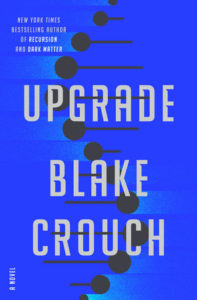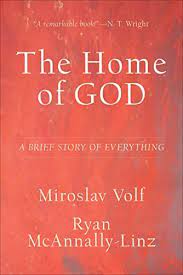
Discerning a call away from lead pastor to being a pastor of pastors was one thing, but when we were called away from Austin to Dallas, I had to stare my new calling in the face. Austin was home for almost two decades, where we gave our prime years to renew the city socially, spiritually, and culturally with the gospel of Jesus. We baptized souls in the chilly, swirling currents of Barton Springs, made friends on the Eastside, downtown, and in the foothills of the Hill Country, and poured out our hearts, with dear partners at City Life, to love and serve Austin in all its weirdness, beauty, and creativity. Leave Austin, really Lord, for…Dallas?
While living in Austin, I mocked Dallas for all its concrete, superficiality, and blandness, and yet here I am, typing from my home office in McKinney, which has mature oaks, a quirky downtown, and some good food. It’s not quite “Dallas,” and it’s certainly not Austin, but it’s home. Last Saturday morning I was sipping the crema off a home-brewed Americano, and glanced out the living room windows into the backyard. A fiery red tree caught my eye, the quiet of our neighborhood beckoned to me, and I lurched forward, choking back tears of gratitude. I am not only at home; I am at peace.
Another reason I’m so content is that I’m working with humble, gifted, Jesusy people who love his church, warts and all. They consistently shepherd, counsel, encourage, preach and teach in ways that remind me of the Son of God, the one who placed his hands on the hurting and proclaimed the gospel of the kingdom of God. I get to support them.
I’m also in a role that suits me perfectly, “Theologian-in-Residence,” in which I’m helping guard and promote doctrine that makes people flourish. I write, preach, and teach, meet with staff members to encourage them. I am slowly getting to know the people of the church. I do wish our sense of community could accelerate, but that is something that is grown over time, like that fiery red tree. It will come, and by God’s grace, it will glow. They call me Dodson here, a first, but it’s more endearing than, “Hey, Theologican-in-Residence!”











